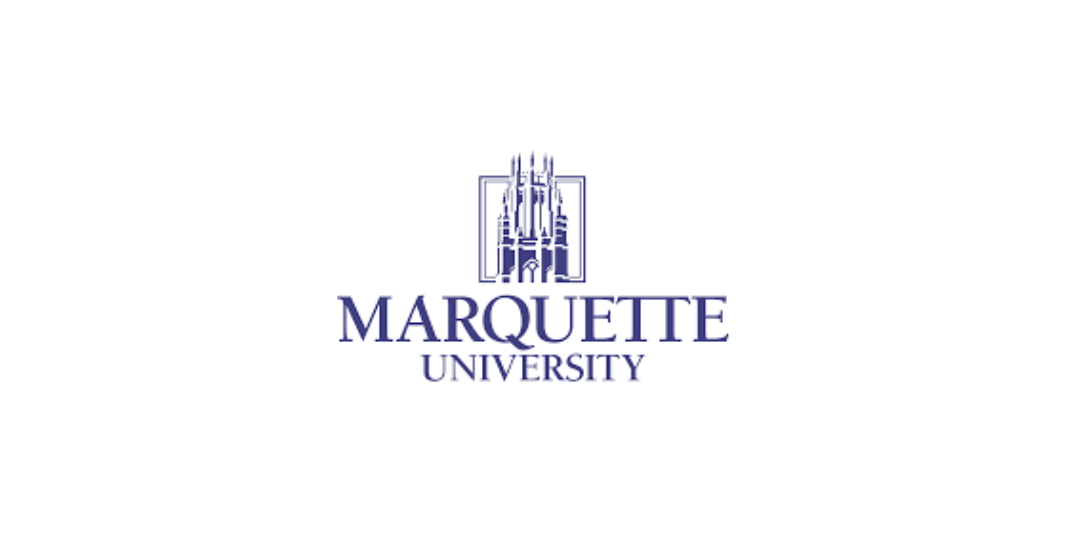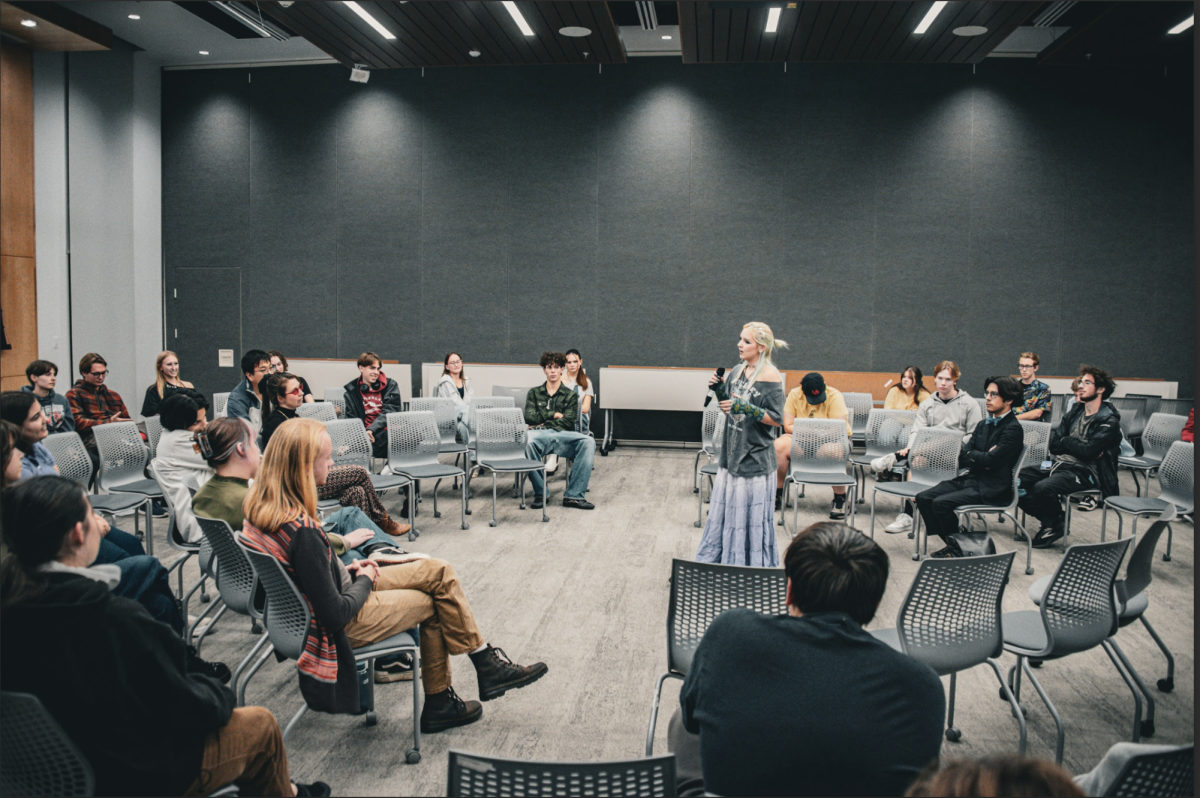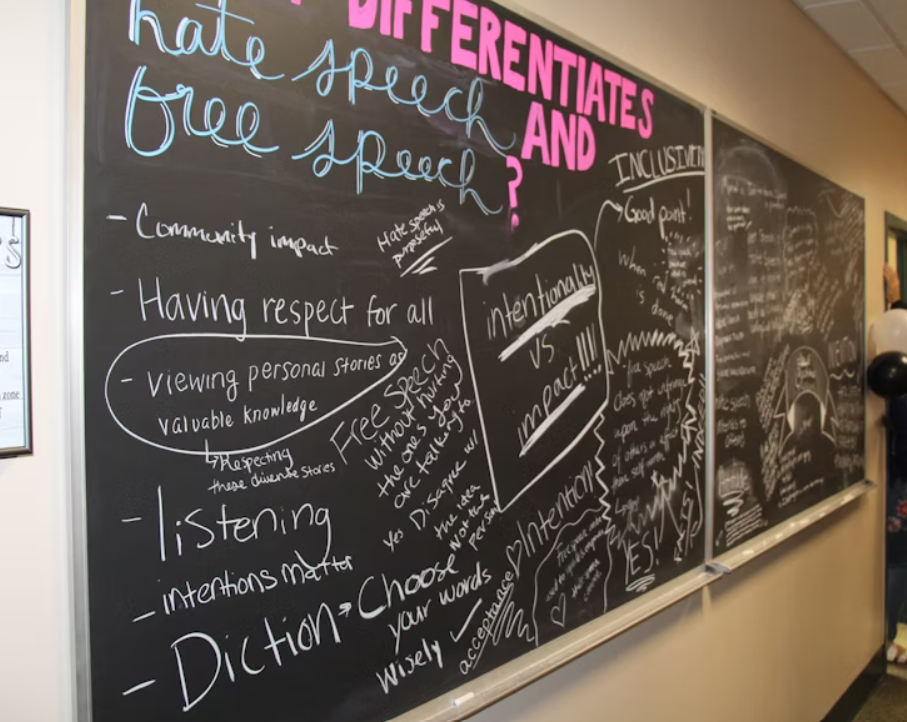As institutions of higher education confront mounting political, cultural, and ideological divisions, many are reaffirming civil discourse as both a pedagogical imperative and a civic obligation. A recent Christian Science Monitor article documents this trend, highlighting how structured dialogue initiatives are gaining momentum on campuses—particularly in the wake of the Israel-Hamas conflict. While the piece features several prominent institutions, it focuses on the emerging work at Providence College, supported through AVDF’s civil discourse priority within its Private Higher Education portfolio.
At Providence College, the Dialogue, Inclusion, and Democracy (DID) Lab illustrates how civil discourse can flourish when embedded in the institutional fabric and championed by both faculty and administrative leadership. Co-led by Dr. Quincy Bevely and Professor Nick Longo, the lab provides a replicable model for integrating discourse across academic and co-curricular spaces. Through public events, faculty development, and classroom-based implementation, the lab equips students with tools to navigate disagreement while affirming their values and identities.
One of the lab’s signature initiatives, the With Mutual Respect series, invites speakers with opposing viewpoints to engage in constructive, curiosity-driven dialogue. Now entering its third year, the series has addressed polarizing topics such as abortion, democratic dysfunction, and post-election uncertainty. Over 40 faculty members have incorporated DID Lab practices into their syllabi, reinforcing the idea that civil discourse should be a sustained pedagogical practice rather than a one-time experience.
The impact of these efforts extends well beyond academic settings. Student participants like Johandalys Montas and Amira Tanbakji have demonstrated the transformative potential of dialogue grounded in empathy. In one exchange, Montas—a woman of color on a predominantly white campus—shared her experiences of marginalization. Tanbakji, a Muslim student who wears a hijab, described being reduced to a stereotype rather than seen as a full person. Through honest conversation, the two students developed mutual understanding and affirmed a shared commitment to fostering inclusivity. As Tanbakji observed in the Monitor article, “Even when we have different beliefs, we understand where the other is coming from.”
Dr. Bevely views these transformations not only as personal milestones but also as contributions to a broader civic renewal. “To contribute at the national level, you have to first be a force in your local community,” he explains in the article. His insight underscores a critical theme: the campus, when intentionally structured, can become a training ground for democratic engagement.
This local-to-national model of transformation aligns with a broader trend emerging across higher education. In response to the Oct. 7 Israel-Hamas conflict, institutions nationwide have seen a notable increase in civil discourse programming. These initiatives encourage students to treat disagreement not as a threat but as a catalyst for intellectual, moral, and civic growth.
For example, Stony Brook University demonstrates how student leadership can also catalyze institutional change. In fall 2023, sophomore Alex Herz, witnessing political tension and faculty division on campus, proposed a civil discourse forum to the entire university faculty. His initiative led to a series of reflective workshops, including one where an Islamic Society chaplain used a parable to challenge tribalism and emphasize shared humanity. Herz’s story illustrates the growing student demand for spaces where dialogue replaces division.
This shift is not isolated. The Institute for Citizens & Scholars reports that participation in its College Presidents for Civic Preparedness coalition has grown from a small network to over 100 presidents, including those from Harvard, Yale, MIT, and the University of Michigan. Such expansion reflects an increasing awareness that civil discourse is essential not only to student development but to the mission of higher education itself.
Educational leaders have begun to echo this sentiment. In the Monitor article, Jeffrey Buller, co-author of Free Speech and Campus Civility, argues that universities must remain committed to fostering understanding. Rather than enforcing conformity or shielding students from complexity, institutions should cultivate environments where respectful disagreement enhances intellectual inquiry.
Vanderbilt University offers another compelling example of this philosophy in practice. In response to campus protests and the controversial appearance of political commentator Michael Knowles, Chancellor Daniel Diermeier emphasized the university’s foundational pillars: freedom of expression, institutional neutrality, and a deep commitment to civil discourse. Rather than suppress difficult conversations, Vanderbilt facilitated structured dialogue, such as an exchange between student-athletes and military veterans on patriotism, race, and national service.
These efforts build upon Vanderbilt’s broader initiative, Dialogue Vanderbilt, launched prior to the war in Gaza and further expanded in its aftermath. The program includes public lectures, moderated discussions, and the Vanderbilt Project on Unity and American Democracy, which brings together scholars and policymakers to explore evidence-based solutions to division.
As universities confront mounting scrutiny—from congressional hearings to administrative crackdowns—the notion of civil discourse may seem inadequate. Yet research and field-based practice suggest otherwise. Dialogue-based initiatives are not a retreat from complexity but a means of preparing students for civic life. They provide a durable framework for rebuilding trust, nurturing resilience, and reaffirming higher education’s role in a healthy democracy.
To read the full feature in the Christian Science Monitor, click here.
Back to all Stories


